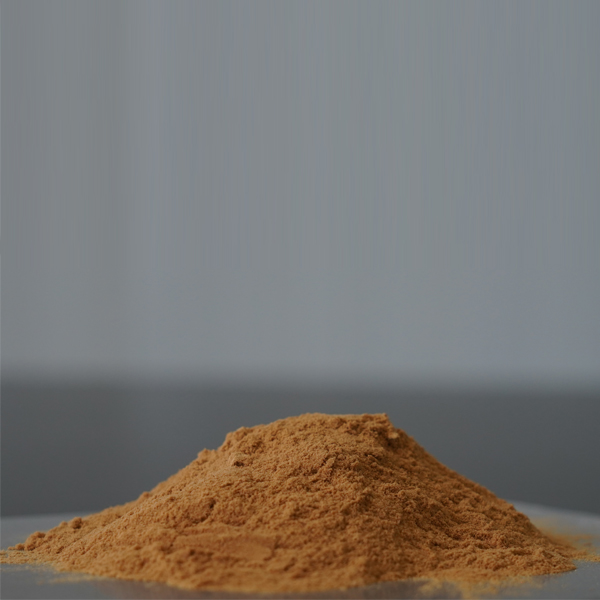
News
nov. . 09, 2024 05:26 Back to list
Development of Tailored Chelating Agents for Custom Versene Applications
Custom Versene Chelating Agents Innovations in Metal Ion Binding
Chelating agents are crucial in various industrial and environmental applications. Among these, Versene, a brand name for ethylenediaminetetraacetic acid (EDTA), stands out due to its strong ability to bind metal ions. This property makes it invaluable in fields such as agriculture, medicine, industrial cleaning, and water treatment. The emergence of custom Versene chelating agents marks a significant advancement in tailoring these compounds to meet specific needs while enhancing performance and efficacy.
Understanding Chelation and Its Importance
Chelation refers to the formation of a complex between a chelating agent and a metal ion. This complex forms a stable ring structure that effectively reduces the availability of the metal ion. In many cases, the binding of harmful metal ions, such as lead or mercury, is crucial for environmental remediation or therapeutic interventions. Beyond detoxification, chelating agents can also facilitate the delivery of essential nutrients in agricultural applications, where metal ions are pivotal for plant growth and health.
Versene has been widely used due to its ability to bind with a variety of metal ions, including calcium, magnesium, and iron. However, the standard formulation may not always meet the diverse requirements of specific applications. Customization of chelating agents offers a solution, allowing for enhanced specificity and functionality.
The Process of Customization
The development of custom Versene chelating agents involves a detailed understanding of the target application and its specific needs. This process typically includes the following steps
1. Identify the Target Metal Ion The first step is to ascertain which metal ions need to be targeted. Different applications may require the binding of different metal ions, so understanding the context is essential.
2. Tailor the Chemical Structure Based on the target metal, chemists can modify the structure of the Versene molecule. This may involve adjusting the functional groups to improve affinity for a specific metal ion or enhance solubility in particular environments, such as high or low pH conditions.
3. Performance Testing Once a custom chelator is synthesized, rigorous testing is carried out. This may include evaluating the stability of the metal-chelator complex under varying environmental conditions, the chelation efficiency, and any potential side effects in the intended application.
4. Regulatory Considerations For applications in agriculture and medicine, the final chelating agent must meet stringent regulatory standards. Custom formulations may undergo further modifications to ensure compliance with safety guidelines.
custom versene chelating agent

Applications of Custom Versene Chelating Agents
The versatility of custom Versene chelating agents allows for diverse applications across various sectors
- Agriculture Custom chelating agents can enhance micronutrient availability to plants by binding essential elements like iron, zinc, and manganese. This targeted approach can improve crop yield and health while minimizing metal toxicity.
- Medicine In medical settings, customized chelating agents are employed to treat metal poisoning or to facilitate the delivery of therapeutic drugs that contain metal-based components. Their ability to selectively bind harmful metals can significantly reduce the burden of toxicity.
- Industrial Cleaning In industrial applications, custom chelating agents enhance the cleaning efficiency of products by effectively binding metal ions that contribute to scale formation and residue buildup.
- Water Treatment Custom formulations can be designed to specifically target and remove heavy metals from contaminated water sources, providing a tailored solution for water quality improvement.
Challenges and Future Directions
While the customization of Versene chelating agents presents numerous advantages, it also poses challenges. The complexity of metal interactions in various environments complicates the design process. Additionally, environmental concerns over chelating agent residues necessitate the continuous evaluation of their long-term impact.
Looking ahead, advancements in green chemistry and biodegradable materials may drive the development of more environmentally friendly chelating agents. The integration of technology, such as machine learning and artificial intelligence, can also streamline the design process, enabling researchers to predict the efficacy of new formulations more accurately.
In conclusion, custom Versene chelating agents represent a promising frontier in the quest for effective metal ion management across numerous applications. By tailoring these agents to meet specific requirements, industries can benefit from improved performance, enhanced safety, and reduced environmental impacts. The future of chelation technology holds great potential, paving the way for innovative solutions to ongoing challenges in our world.
-
Polyaspartic Acid Salts in Agricultural Fertilizers: A Sustainable Solution
NewsJul.21,2025
-
OEM Chelating Agent Preservative Supplier & Manufacturer High-Quality Customized Solutions
NewsJul.08,2025
-
OEM Potassium Chelating Agent Manufacturer - Custom Potassium Oxalate & Citrate Solutions
NewsJul.08,2025
-
OEM Pentasodium DTPA Chelating Agent Supplier & Manufacturer High Purity & Cost-Effective Solutions
NewsJul.08,2025
-
High-Efficiency Chelated Trace Elements Fertilizer Bulk Supplier & Manufacturer Quotes
NewsJul.07,2025
-
High Quality K Formation for a Chelating Agent – Reliable Manufacturer & Supplier
NewsJul.07,2025
